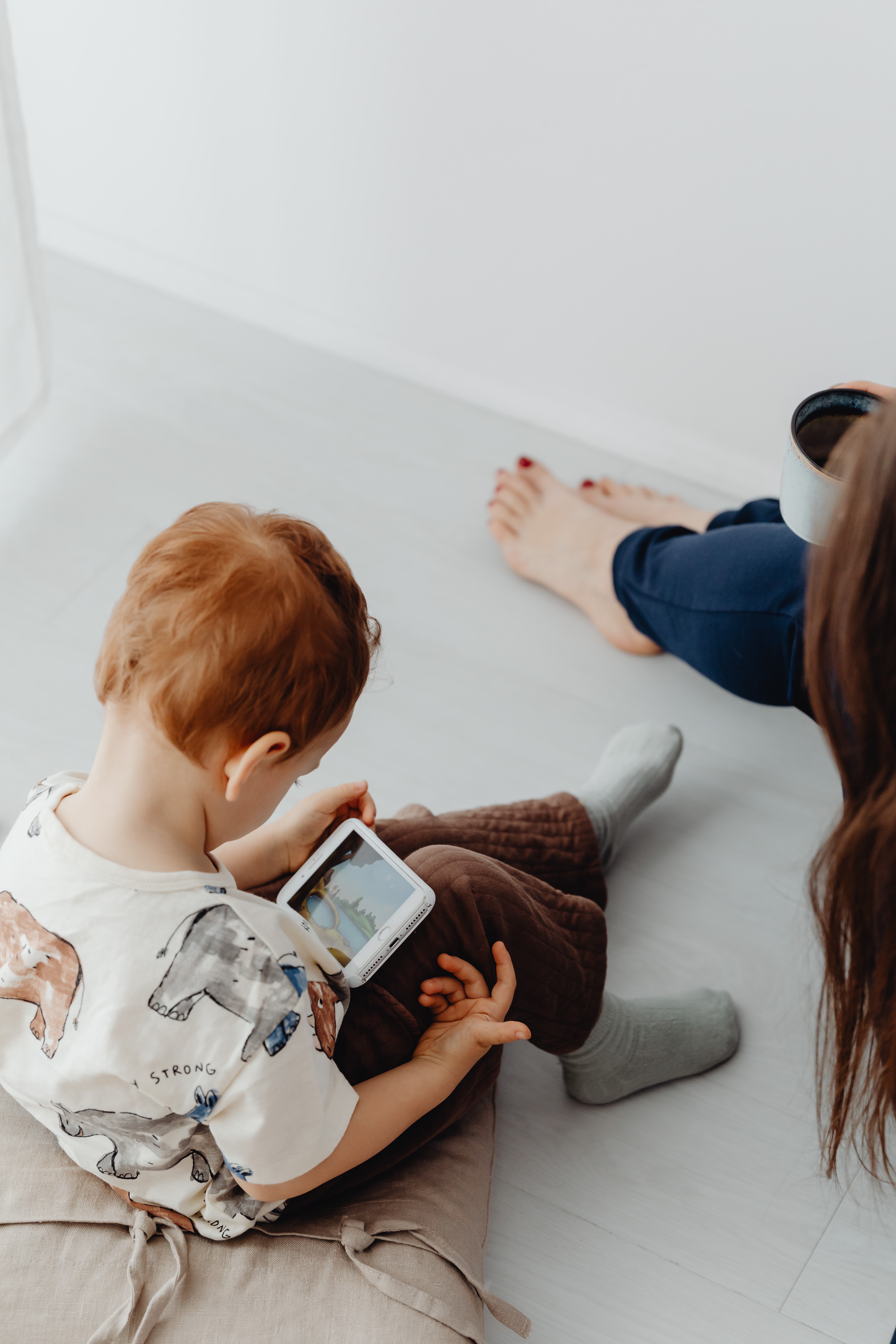How To Keep Your Little Ones Safe on Their Devices

It seems like everyone is always on a device these days. Whether smartphone, tablet or computer, your children may be hounding you about wanting their own. Smartphones help keep your kids safe in the case of an emergency, but they can also lead to serious trouble. How do you decide what devices to allow your kids to have? How do you keep them safe online if they get one of these devices? Here are several suggestions for keeping your children secure from internet-enabled devices' pitfalls.
Determine the Most Suitable Device
Determining the most suitable device for your children can be challenging. Several factors should go into your decision, such as the age of the child, functionality and safety features, such as MDR. As the child gets older and shows responsibility with the device, you can allow the use of more features with a little more privacy. You may opt for a cellphone that is merely a phone for calling and text messaging a minimal number of people you know. These people may include trustworthy family members and your child's closest friends.
Speak With Other Parents
Most school-age kids need to use devices and the internet for school work; many have school-assigned laptops. Sometimes it can be helpful to speak with other parents of children around your kids' ages to give some insight regarding the amount of online freedom they give their kids. Speak with the parents of your children's classmates or go online to consult with other parents around the country. There are plenty of other parents who are struggling with the same issue.
Set Parental Controls
Parental controls are essential for children's devices. They can serve several purposes, such as filtering the web to safe sites only and managing screen time. You can also set them for when your child is allowed access to the internet (e.g., only during the daytime).
Use a Monitoring Service
In addition to parental controls, a monitoring service can benefit by adding another layer of safety. These services can help you by alerting you to potential threats your child may be encountering. A monitoring solution can allow children slightly more privacy online because it will give you insights into your children's internet activity.
Create a Contract
There are so many popular apps these days that children want to access. However, for younger children, they can be inappropriate. Many apps allow you to chat with people worldwide and see photos and videos of a sexual or violent nature. It is also easy for a child to post something publicly that could be unsafe if it is shared online, such as their home address. A suitable method of building trust with your children is to create a contract outlining the rules of being online, and you and your kids can sign it to hold them accountable for their actions. This contract should include which hours they can be online, who they can speak and chat with and what apps and websites they have permission to access.
Have Open Discussions Regularly
Children and parents who have healthy relationships tend to have open communication. Many kids are already proficient with electronic devices and an operations support system. This is one reason to have regular discussions with them about their internet usage. Tell them about everyday things on the internet and let them know you want them to feel comfortable coming to you about problems such as peer pressure, cyberbullying or online predators. It shouldn't be a discussion to scare them but more to warn them of things to be aware of and how to deal with them if they occur.
Parenting has always been extremely demanding, but it is now even more challenging with all the technology. Thinking of everything negative that can happen is overwhelming. It's never too early to consider safety measures regarding web access for your children.






